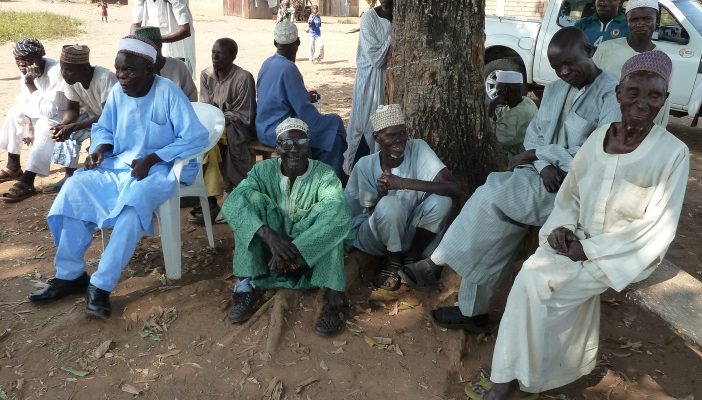Some people living with leprosy in Borno and Yobe on Monday appealed to government for healthcare services, rehabilitation and disability care, among other things.
The people — Malam Sanusi Musa, Mustapha Dahiru, Kabiru Aliyu, Shehu Gambo and Babagana Shettima, made the appeal in interviews with News Agency of Nigeria (NAN) in Abuja.
Leprosy is a chronic infectious disease caused by Mycobacterium leprae, which mainly affects the skin, the peripheral nervous system, mucosal surfaces of the upper respiratory tract and eyes of victims.
It is known to occur in all ages ranging from early infancy through adult life, however, leprosy according to medical experts is curable and early treatment can avert most disabilities.
Musa, Dahiru and Aliyu from Borno, who said they were in Abuja to seek government assistance, wanted to be included in the Community Health Influencers, Promoters and Services Programme (CHIPS).
The programme was established by the National Primary Health Care Development Agency (NPHCDA) and endorsed by the Federal Government to stimulate and support households in communities to seek and obtain primary health care services through interventions at the community level.
The leprosy sufferers, therefore, said that they were living with the severely debilitating disease and needed government assistance in terms of healthcare services and rehabilitation.
Musa said that the stigma associated with the disease left them deserted as people would not want to associate with them in trade, farming or any other business.
He, therefore, urged the government to help them with farm tools or organise any separate business for them to earn a living and take care of themselves and their families.
He said people with leprosy require rehabilitation centres and sanitation and water separate from where normal people go to, claiming that even health workers avoid them.
Gambo and Shettima from Yobe also urged the government to focus on the physical, social, spiritual and psychological needs of people living with leprosy.
He said “we are pleading with government to provide us with healthcare, rehabilitation, disability care, housing, water and sanitation; we live in basic shelters with inadequate sanitation because we fear discrimination.
“Government and concerned citizens should please help us to train and educate our children. Since we were unable to go to school, government at all levels, especially the Federal Government, should please help us to train our children in order for them to achieve their full potential.”
Meanwhile, Dr Sule Meleh, the Executive Director, Borno State Primary Health Care Development Agency, said the state was up-to-date with medical needs of people living with the condition.
Meleh, who is also a Public Health expert, said: “Although there are challenges as donors providing some of the drugs have started scaling down, other non-medical needs can be addressed by other sectors.”
Dr Muhammad Gana, the Executive Secretary, Yobe State Primary Healthcare Management Board, said leprosy cases had significantly reduced in the state due to control by the Tuberculosis and Leprosy Control Programme (TLCP).
He said “incidence of leprosy has significantly reduced as a result of the leprosy control programme. The programme involves prevention, treatment and rehabilitation of people living with the disease.’’
Gana advocated the inclusion of people affected by the disease in Yobe and other disabilities in social investment programmes and other income generation programmes.
He added that the government of Yobe was concerned about the plight of people living with the ailment, saying “I work for the government and the TLCP is under the organisation I supervise, the health and wellbeing of my people is what I do and hold with the highest sense of responsibility.
“The new cases of leprosy we get are in the early stages — ‘Stage 0’ — thus, almost all disabilities from leprosy are old cases.
“Gaps do exist and we are continually striving to bridge those gaps, as well as collaborate with other line Ministries, Departments and Agencies, partners to ensure that new cases are detected early.”




